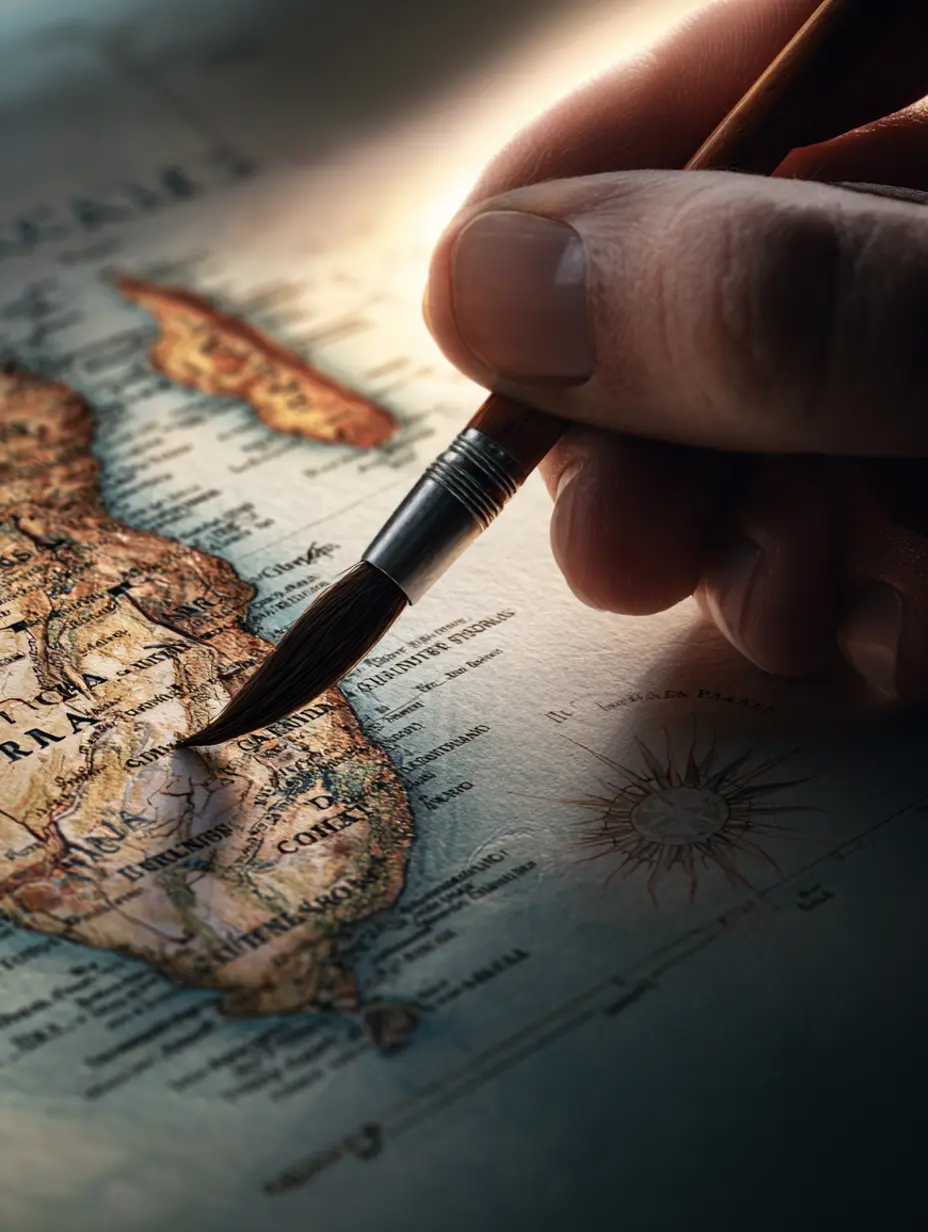Emigration Therapy for Families Living Apart
Emigration is more than a change of address, it reshapes identities, relationships, and emotional well-being. It touches everyone involved: those who leave and those who stay.
Often, the emotional consequences of emigration go unnoticed, surfacing in moments of grief, longing, or disconnection that may appear as anticipated loss before the move, or as delayed grief long after it.
Drawing on both research and lived empathy, my work supports individuals and families in finding understanding and belonging, no matter where in the world they are.













